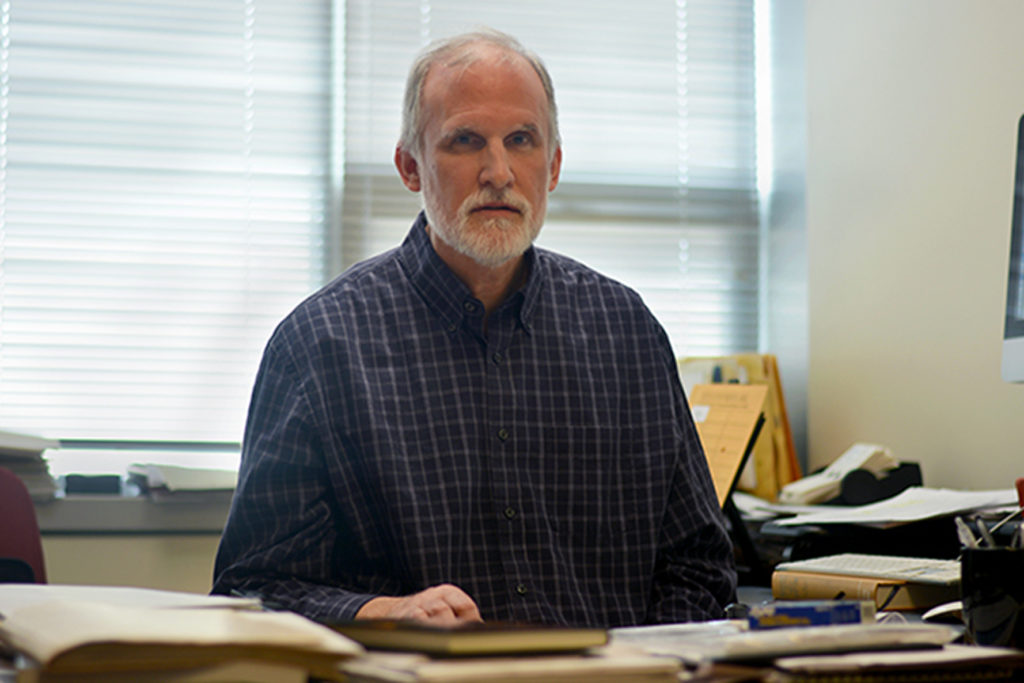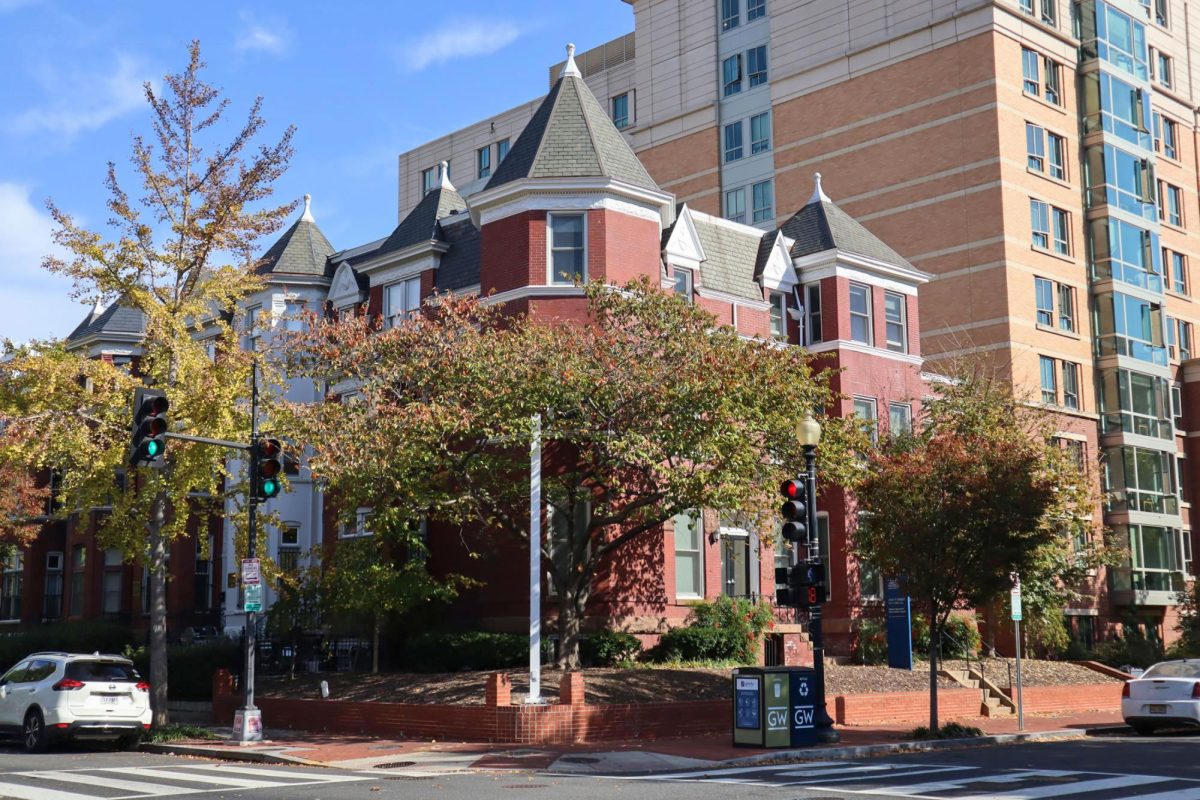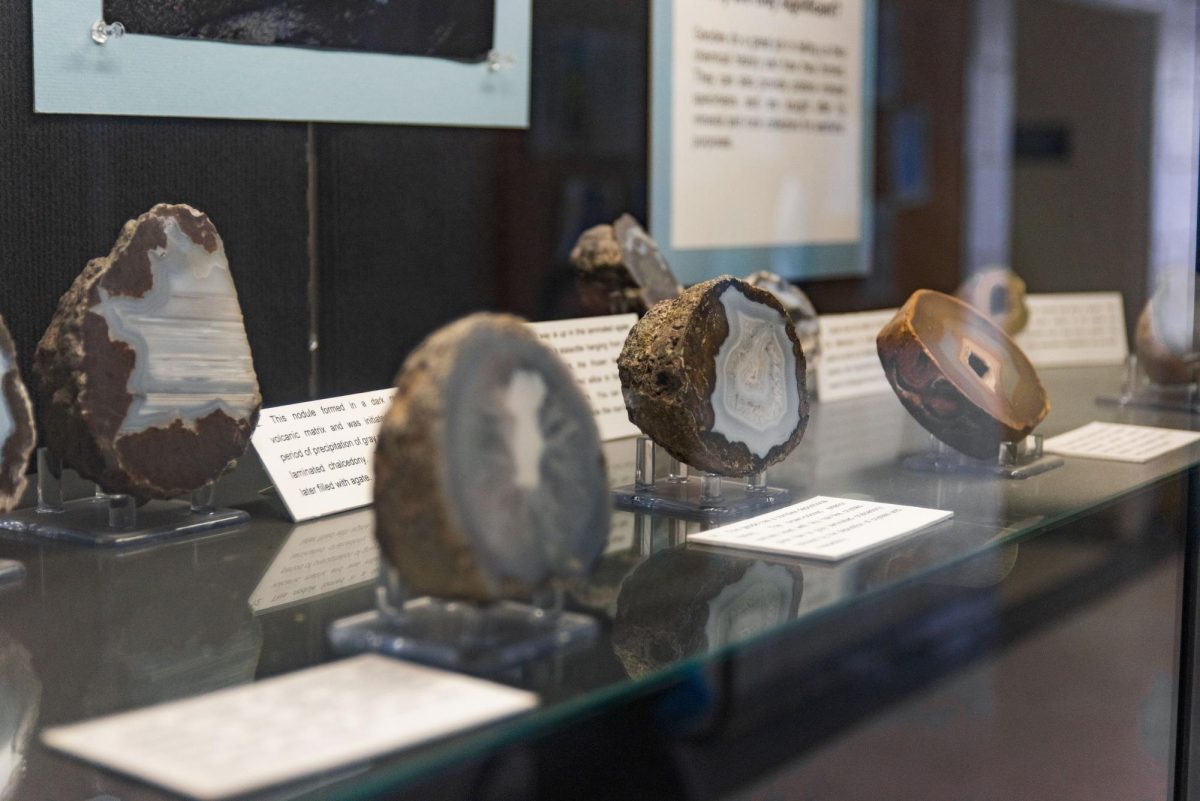Updated: Nov. 19, 2020 at 12:03 p.m.
Political science department faculty decreased the number of credits required for a Bachelor of Arts degree by nearly half this semester.
Students working toward a political science bachelor’s degree now need 33 credits under their belt, as opposed to 57 from previous semesters, according to faculty in the department. Political science faculty said the change will make the curriculum more flexible for students to pursue research or specialize in a field in political science.
“We wanted to streamline our requirements and give students more choice in selecting classes,” Bruce Dickson, the chair of the political science department, said in an email.
Dickson said officials eliminated two of the required political science classes and the requirements to take non-political science classes and increased students’ ability to pick electives that they would prefer. He said for political science minors, officials eliminated requirements for courses not in political science and reduced the number of required political science courses from seven to six.
He said it is “too soon to tell” how students will respond to the change in requirements. He said Columbian College of Arts and Sciences officials decided that students who declared their major prior to the change must follow the old requirements to complete the degree and the new requirements will only apply to those who declare a major starting this semester.
Dickson said faculty have also created advanced 3000-level courses for students who have taken all three 1000-level and five 2000-level courses.
“This allows faculty to teach at a higher level, knowing that all students in these classes are already well-versed in political science concepts and methods,” he said.
Eric Lawrence, an associate professor of political science and the chair of the political science department committee that originally proposed the changes, said the old requirements include three 1000-level classes, nine 2000-level classes, one 3000-level class and six other social science courses. He said the new requirements changed to only necessitate six 2000-level classes and two 3000-level classes while also eliminating the requirement to take six other social science courses.
He said faculty changed the requirements so they would better align with the classes that Master of Public Administration and Master of Public Policy programs in graduate schools expect on students’ transcripts. He said many political science majors pursue these graduate programs after graduating from GW.
“We’ve had the same basic structure for some time, and it makes sense to periodically say, ‘Are we doing the best we can? Have we gotten out of line with what other universities are doing?’” Lawrence said. “Once we figured out some of the idiosyncrasies of how we came to have what we had, it certainly made sense to make some changes.”
Lawrence said faculty also decreased the number of credits needed for the Bachelor of Science in political science and the Bachelor of Arts in political science with a focus on public policy programs by three. He said the changes allow students to specialize in the subjects they’re interested in within political science, though they will still need to take a class in the five core areas, like American politics, international relations and political theory.
He said faculty compared GW’s political science program to other programs in the Columbian College of Arts and Sciences and other political science departments at other universities and found that GW’s curriculum wasn’t “doing it the best possible way.”
“One of our principles was we would like our students to be well-rounded, and if we’re saying 19 of the classes are going to be dictated by us without a lot of flexibility, that just seems like a lot,” Lawrence said.
He said the new curriculum will also make it easier for students to declare a double major or minor or pursue research. The requirements were also updated to require students to take a new 3000-level class, PSC 3500, whereas they previously didn’t need to complete any.
“We wanted to do two things – first we wanted to reduce the number of classes that we required, and we wanted to make it a bit more hierarchical, which we added a new class called Advanced Topics in a Political Science Class that all majors now have to take,” Lawrence said.
Robert Stoker, a professor of political science and a member of the faculty committee to propose curriculum changes, said the new requirements for the political science major provide more students with flexibility.
“They’ve changed quite substantially, and I guess that the most basic thing to understand is that students now have fewer requirements and lots more flexibility about completing their undergraduate requirements,” Stoker said.
He said the new course provides students more opportunities in smaller class settings to interact with faculty, as the typical required classes that are much bigger offer less one-on-one interaction between students and faculty.
“We wanted to try and think of ways to improve the undergraduate program, and we thought that we should give students more flexibility and that we should try and encourage students to interact more with the faculty, and that’s what we were trying to accomplish by making these changes,” Stoker said.
This post has been updated to correct the following:
Due to outdated information from a source, The Hatchet incorrectly reported that students who had previously declared a political science major would be able to choose between the old requirements and the new ones. Students who declared before this semester must continue following the old requirements. We regret this error.








